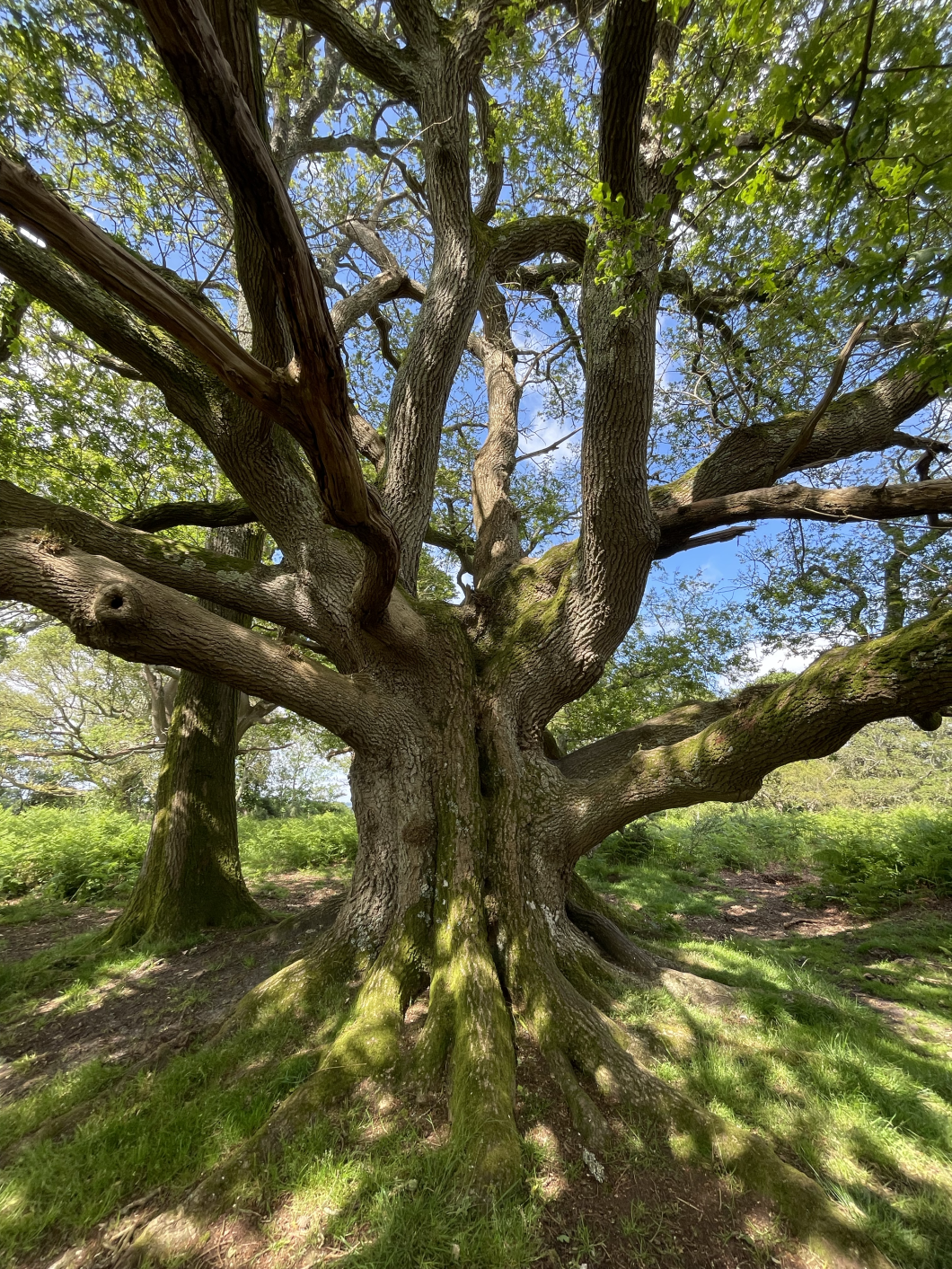Bert Hellinger, the leading pioneer behind systemic family constellations, said that when he is presented with a client, he sees them as if they were a single leaf. Their sprouting or fading leaf connects to a branch, which in turn is just a small part of a tree. The tree, with all its rich history and strength, “belongs” in its own nuanced way as part of much wider forest which in turn is in relationship with the other trees and the global environmental ecosystem… and so on.
When we see a leaf or tree that is struggling or withering in this context we do not blame them, nor do we try to fix them. We let our consciousness and inquiry expand to take in the awareness of the fuller ecosystem. This is at the core of the stance of the Systemic Coach.
It is not a question of a bad leaf or a good leaf. Troubled leaves are merely expressing a complex dis-ease, or a disease if you prefer, within a sprawling interconnected web of systems.
And when we lean back to people watch and look at the flow of interactions between groups of humans in the world today, are we so different? We can see patterns similar to leaves in the breeze. We might notice laughter spreading through a group, or fear, or anger. We might notice a commercial product succeed that we disagree with, or one that we believe in fail to take root. Or maybe we notice the body language between a couple having an intimate conversation as they lean forward, lean back, look together, look away, blush, tilt their heads, pause, silently dancing and communicating in the gaps between their words.
Yet, when we look to people in our everyday lives, maybe an individual, a boss or an employee, a friend or a neighbour, BMW drivers, someone with a different political preference, or a certain demographic is that still the case?
Can we as humans, leaders, or coaches, with our empty centre where we let go of judgement, look on every member of a system as no better or worse than our selves or each other?
Can we as leaders recognise the branches we are on and how our ingrained ways of belonging in our previous forests might not be serving us as they once did?
Do we blame the leaf for how it grows?
